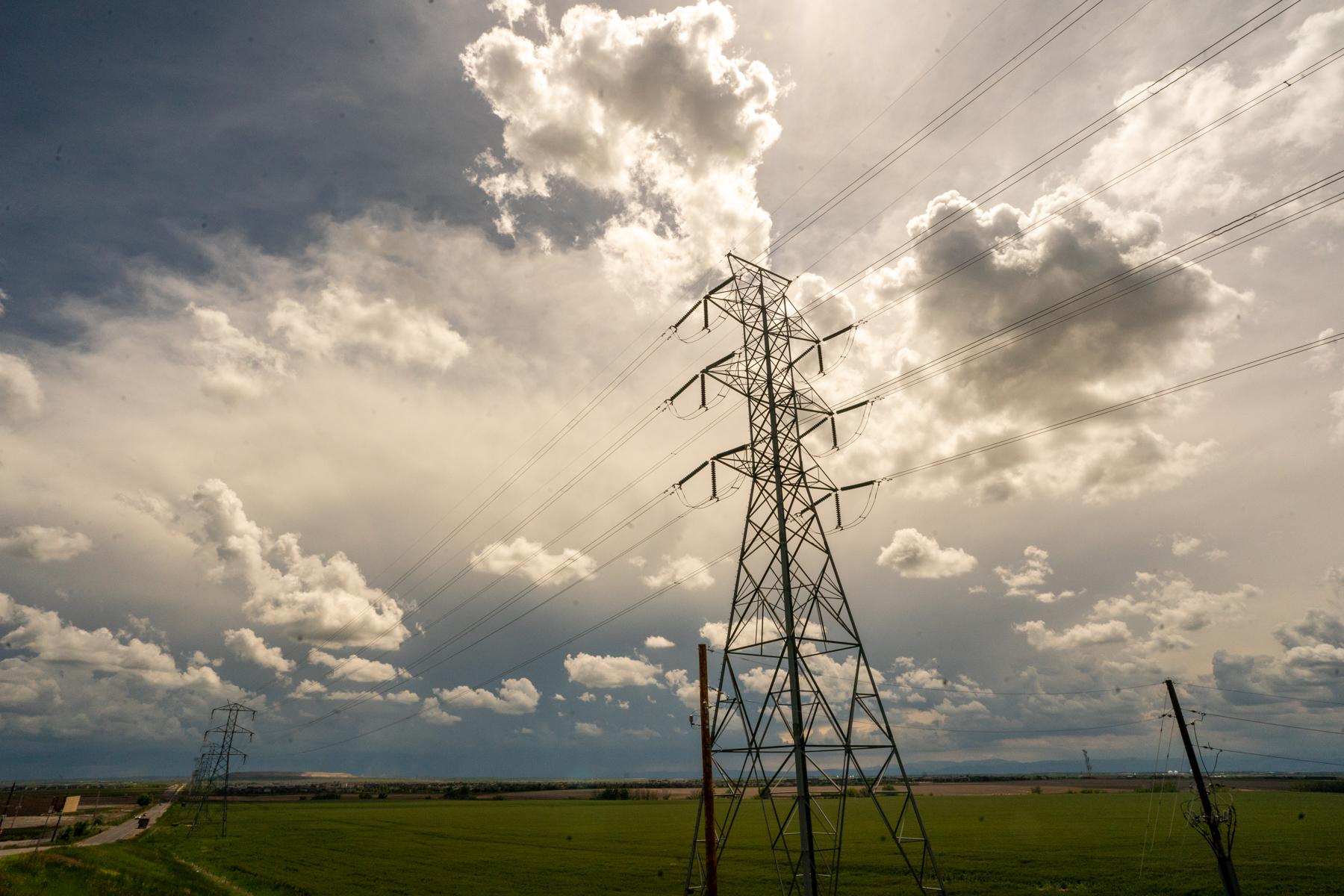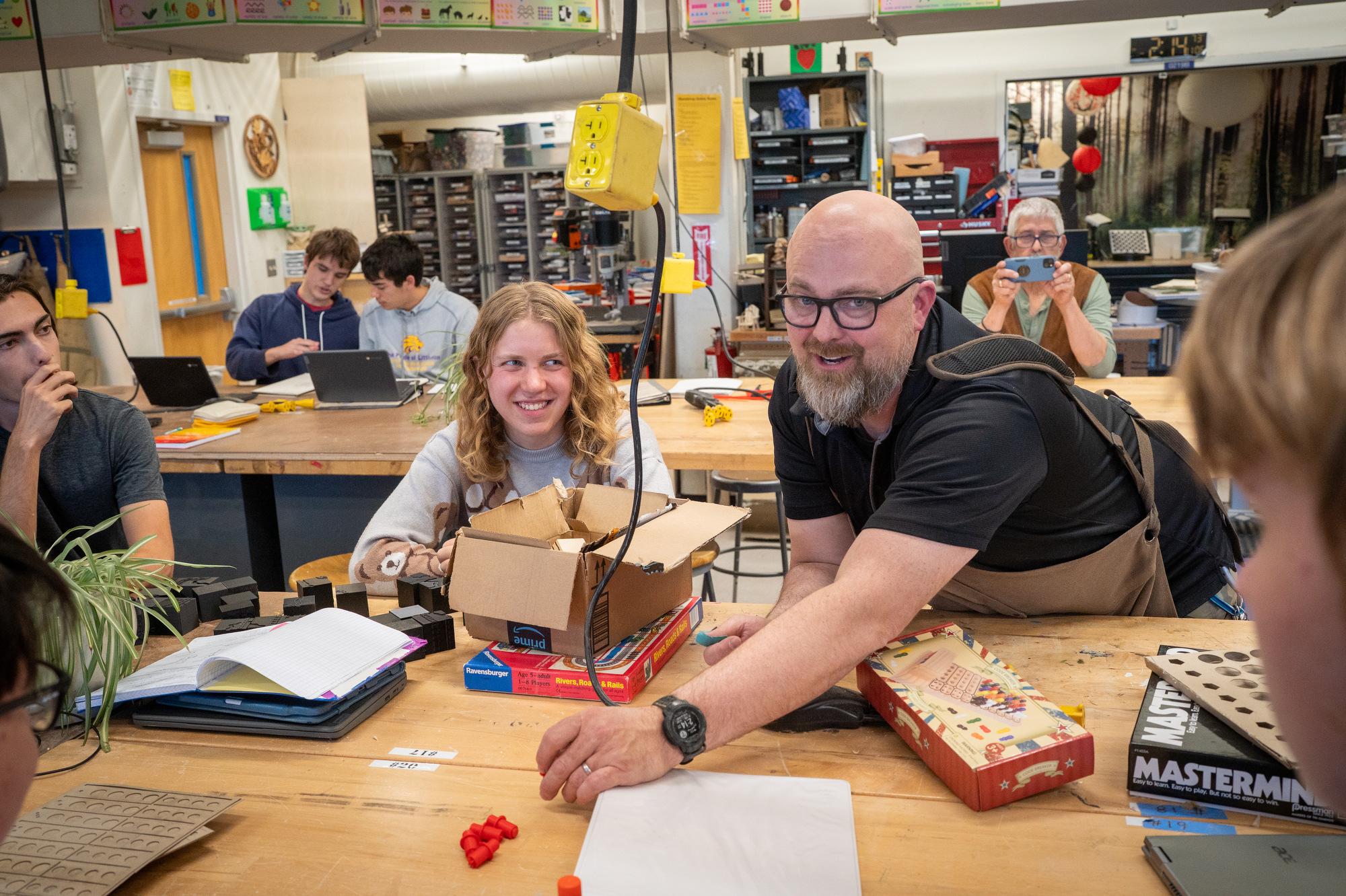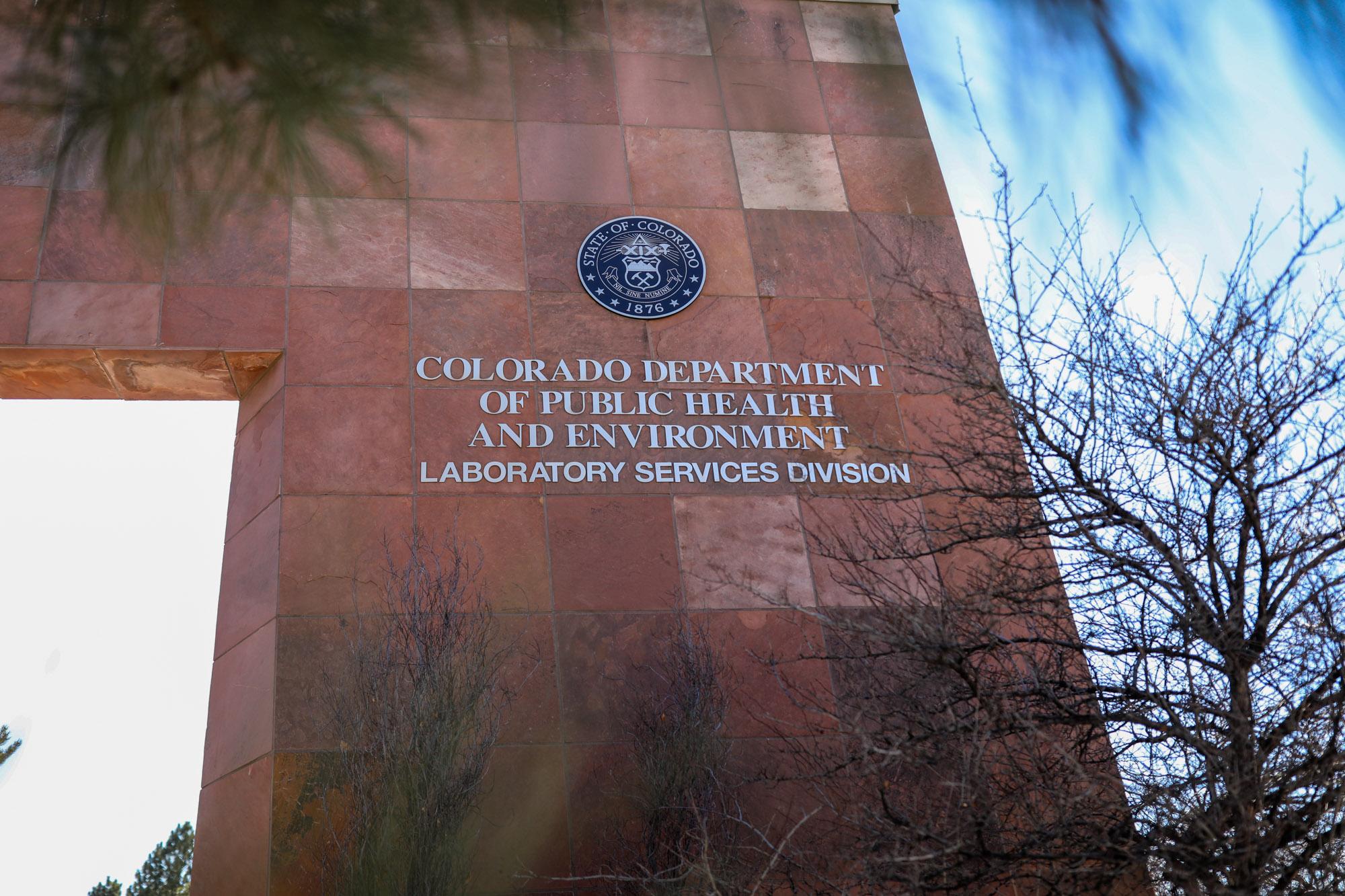When the Waldo Canyon Fire broke out five years ago, Nick Gledich found himself in two roles. On the one hand, he's the superintendent of District 11. A number of schools were threatened by the blaze; another served as a staging area for firefighters and first responders. On the other hand, Gledich was also among the Mountain Shadows evacuees.
"You wear the two hats at the same time," says Gledich. "There's pressure from all around. Your home, your schools, and it's just like this heavy load on you all of a sudden… You're just worried about everybody and everything."
"We had to drive right by Chipita [Elementary], which was standing, which was great, and then the neighborhood to the right and behind it was just ash. That was hard to see."
Gledich praises his executive team, principals, and school staff for their work during and after the fire. During the fire, supported by the police department, they took minivans to three schools and gathered student records.
"If anything happened to those, then we wouldn't be the resource to families if they had lost their records, because we maintain copies of records," he says.
At the same time, Gledich and his wife were also evacuees of Mountain Shadows. Ultimately, their home survived, while their neighbor's and hundreds of others did not.
"I don't think we had access to the home for a while, from what I can remember," Gledich says. "We had to drive right by Chipita [Elementary], which was standing, which was great, and then the neighborhood to the right and behind it was just ash. That was hard to see… and you go up and your house is still standing and it's like, 'how did this happen?' and 'why?' Those kinds of things you start asking yourself."
In District 11, Gledich says 92 students and 15 employees lost their homes. They set up counseling services right away, but found they weren't needed until the school year began, when, Gledich says, "there were kids who needed to talk." He says they brought in additional resources from Aspen Pointe to help serve that need.
He recounts a kindergarten show-and-tell, in which one of the students brought what looked like a hunk of metal, sifted from their home.
"We lost homes on both sides of us, across from us, but we were standing, and it didn't feel right."
Still, Gledich says, he didn't lose his home, so while he says he could almost understand what families were going through, he didn't really know. "But you still have to have that compassion for those that did [lose their homes], and let your compassion guide you in doing what's right."
Gledich's neighbor lost her home. He says when residents were allowed to return to the sites, he waited for her. "We stood there for a while, we said a prayer or two together, and then she came into our house. And there was this odd feeling… she lost hers and now she's walking into ours, and we're what, 20 feet apart. I don't know if I call it guilt, but it was an odd feeling. We lost homes on both sides of us, across from us, but we were standing, and it didn't feel right."
Gledich says his neighbor was then trying to comfort him as much as he was trying to comfort her. "She got me through that, the neighbor did," he says.
For Gledich, it's remarkable what happens when a community comes together before, during, and after devastation.
"And that's one of the things I like to remind my staff," says Gledich. "It's not about us, it's not about them. It's about a community at large."
This story comes from 91.5 KRCC's special series, "Five Years Later: Remembering the Waldo Canyon Fire." Find more stories from those affected by the fire here.









